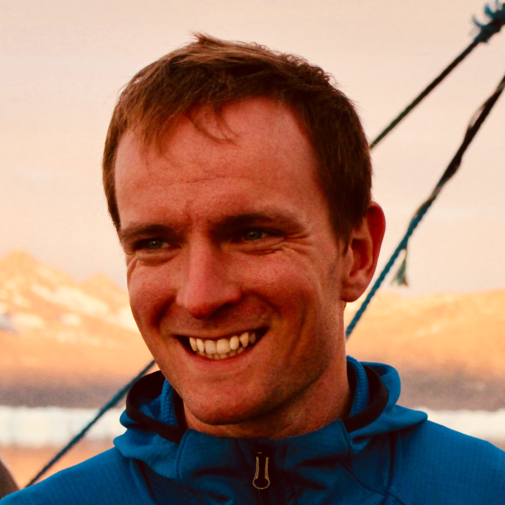Project Abstract
Hundreds of glaciers around the Arctic flow into ocean fjords that are several miles wide, tens of miles long, and thousands of feet deep. Glacial meltwater and sediments released into the fjords make their waters nutrient-rich to the extent that glacial fjords, all over the Arctic region, are characterized by prosperous marine ecosystems, featuring a high density of seabirds, marine mammals, and fishes. As a result, many Arctic settlements are located near glacial fjords that, through their ecosystems, support hunting and fishing and contribute to the regional economy. As the Arctic warms, however, glaciers are melting and retreating, and ocean waters are expected to warm, thus affecting these glacial fjord ecosystems and the human communities they support. Within this project, researchers will take advantage of new projections of how the glaciers and the ocean will change, combined with improved understanding of glacial fjords and their ecosystems, to investigate change at two distinct glacial fjords in Greenland. The long-term goal of this project is to provide relevant planning information to the two communities in Greenland and develop a method that can be applied to other communities around the Arctic.
The international research team, composed of glaciologists, oceanographers, marine ecosystem scientists, and social scientists, will use available data and hold discussions with community members to identify the relevant socioecological system components and linkages for two glacial fjord systems, one in Northwest Greenland and one in Southeast Greenland. This system understanding will be combined with glacier and local climate (ocean and atmosphere) projections to determine how climate projections can be optimally utilized for sustainable planning and adaptation. This research will involve synthesis of existing information and co-production of knowledge with the two communities. A final workshop involving Greenland Government officials and other Arctic organizations will be used to develop a framework that can be applied throughout the Arctic.
Logistics Summary
This planning collaboration between Straneo (1928007, LEAD, UCSD), Little (1927990, AER) and Laidre (1927722, UW) will develop a framework to project future changes in the social-ecological system for two indigenous communities in Greenland that rely heavily on subsistence hunting and fishing: Qaanaaq, in northwest Greenland, and Tasiilaq, in southeast Greenland. Plans for workshops in Nuuk in March and travel to two communities in Greenland in summer to initiate collaborations with local communities have been affected by travel restrictions related to COVID-19. Attempts are being made to do as much online as possible.
Season Field Site
2020 Greenland - Nuuk
2020 Greenland - Qaanaaq
2020 Greenland - Tasiilaq
Keywords
Greenland, glaciers, fjords, climate variability, marine ecosystems, Greenland communities, sea-ice, fisheries, engagement
Project Location
Dates
-Location
North Atlantic; Nuuk, Greenland; Tasiilaq, Greenland; Qaanaaq, GreenlandMembers
Principal Investigator
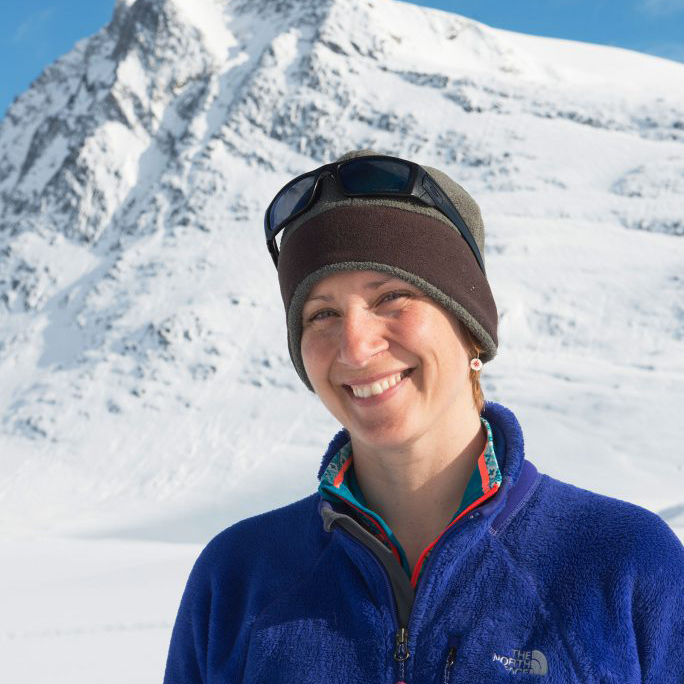
Principal Investigator
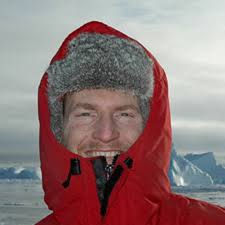
Principal Investigator
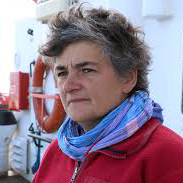
Co-Principal Investigator
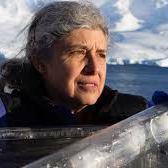
Other
